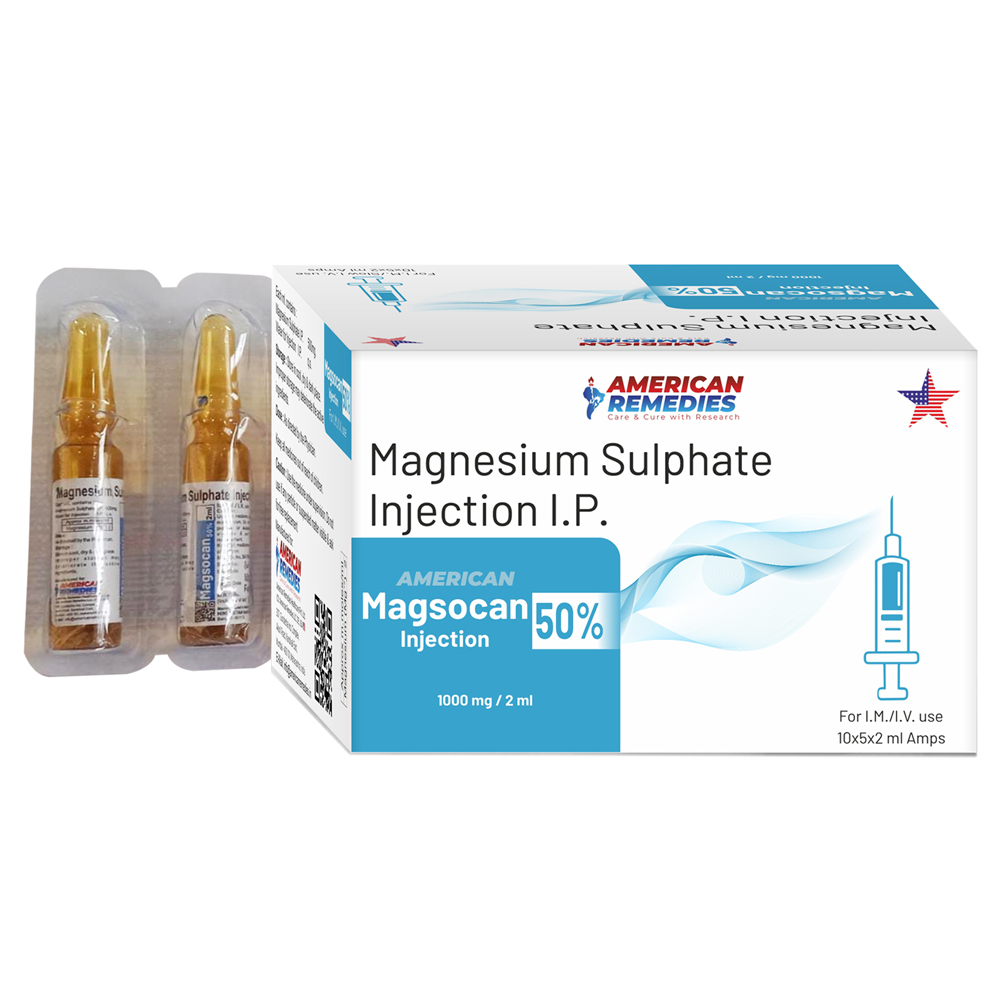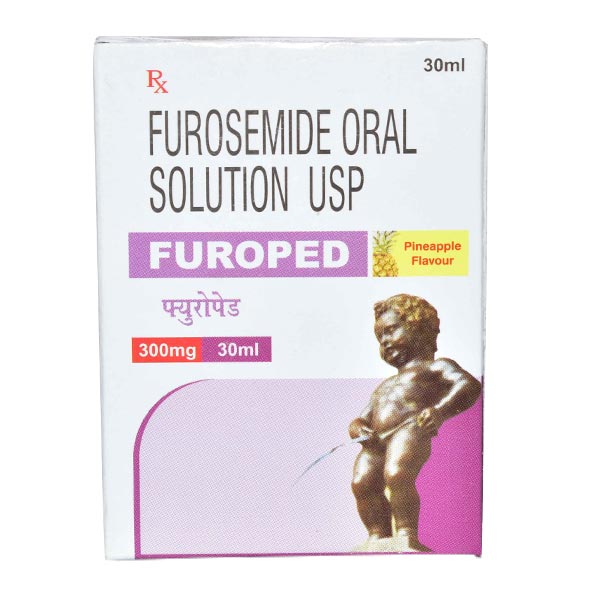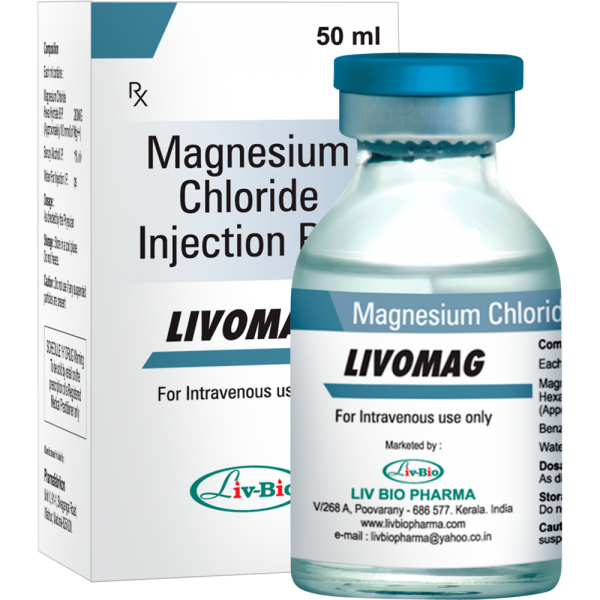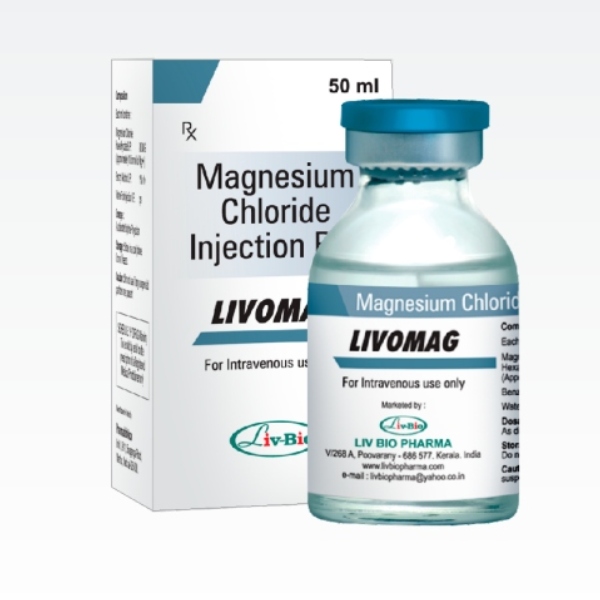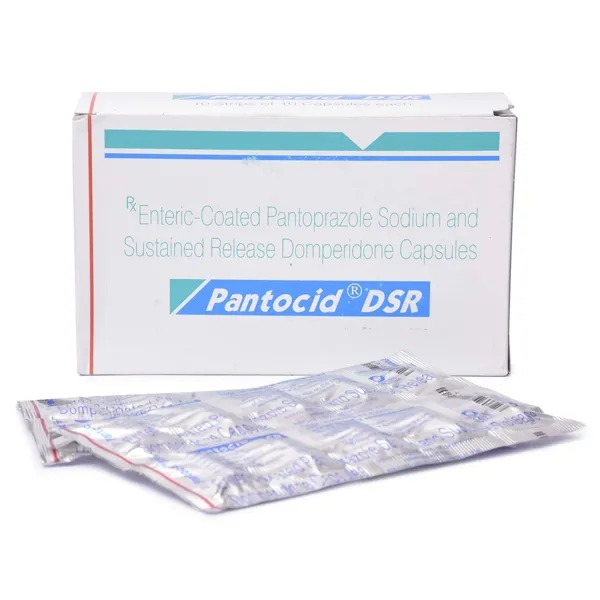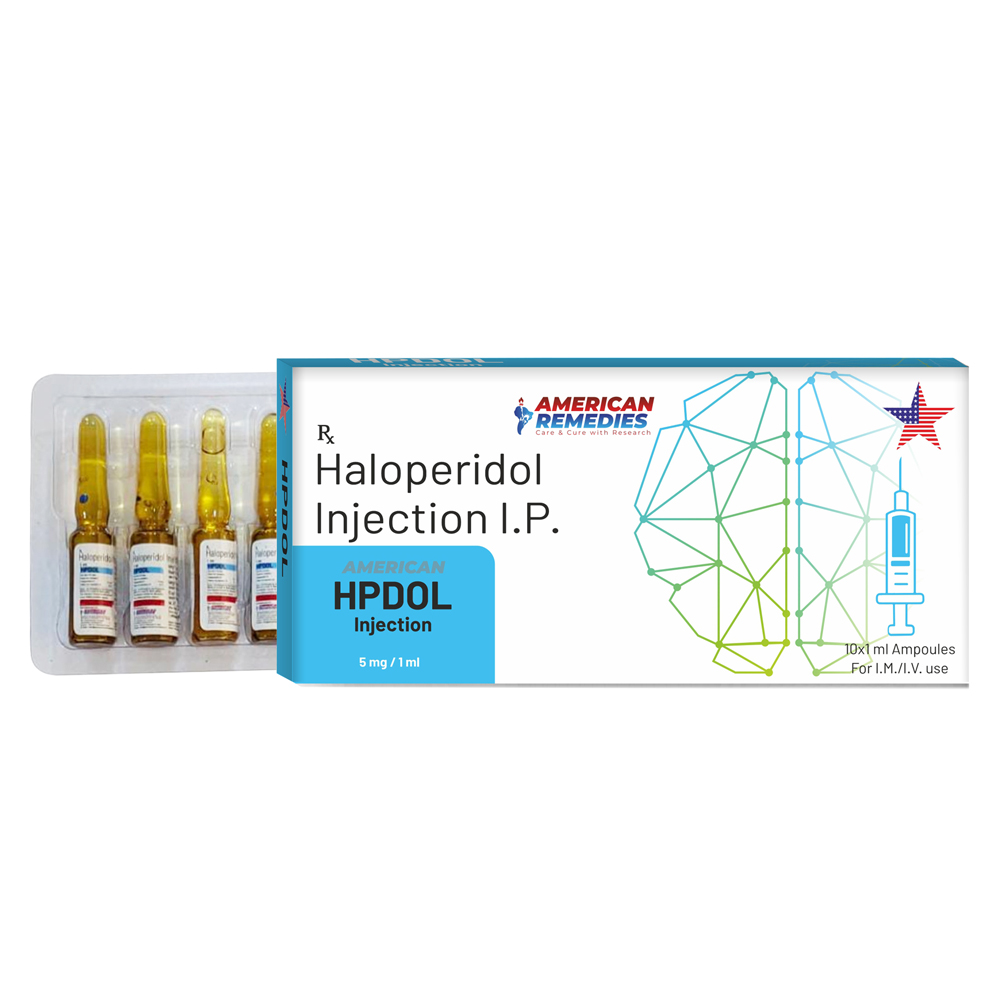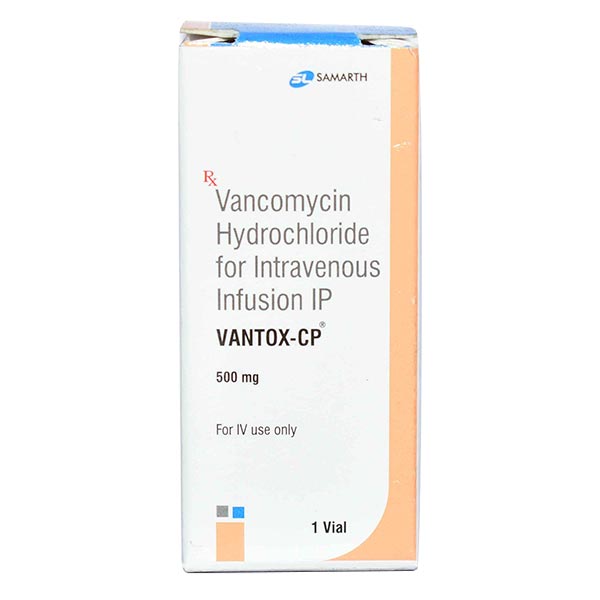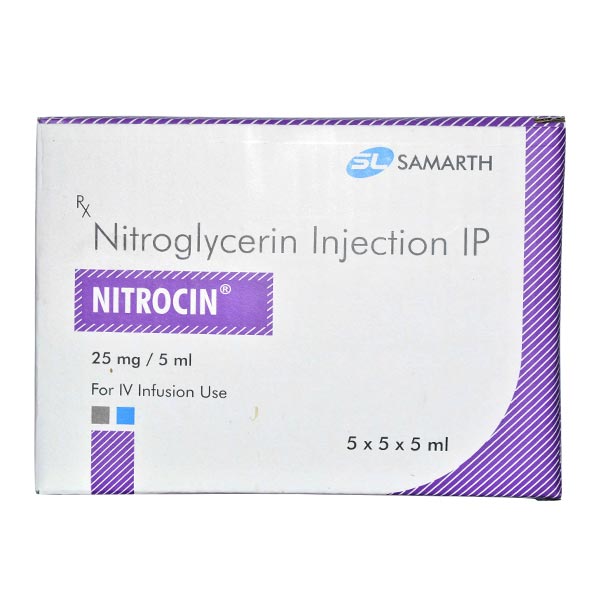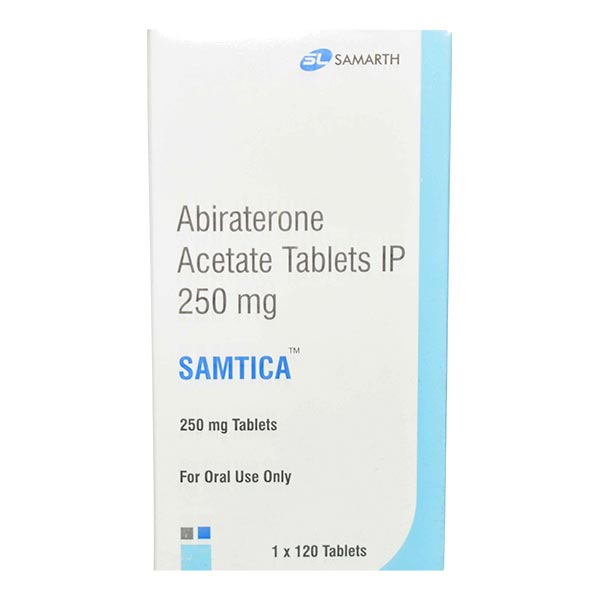Anti Emetic
Pantocid DSR (40+30) Mg (Pantoprazole+Domperidone)
What Is The Generic Name For Pantocid DSR (40+30) Mg:
Pantoprazole+Domperidone is the generic version for Pantocid DSR (40+30) mg
Which USA Brand is Equivalent To Pantocid DSR (40+30) Mg:
Pantocid DSR
About Pantocid DSR (40+30) Mg (Pantoprazole+Domperidone):
Pantocid DSR (40+30) mg contains active ingredients, Pantoprazole, and Domperidone, used in the treatment of Acidity, Gastroesophageal Reflux Disease (GERD), Duodenal or Gastric Ulcer, etc. You can buy it from all the drugstores, leading pharmacy, and medical supply stores and can be given by doctor’s prescription only.
Manufacturer:
Alkem Laboratories (India) is one of the leading pharmaceutical companies which manufacture Pantocid DSR (40+30) mg.
Strength:
Pantocid DSR (40+30) mg contains an active ingredient, Pantoprazole 40 mg and Domperidone 30mg which is available in the various strengths and substitutes at all the leading pharmacies, drugstores, and medical supply stores.
What Are The Uses Of The Pantocid DSR (40+30) Mg:
Pantocid DSR (40+30) mg is used in the treatment of:
Nausea/Vomiting
Gastroesophageal Reflux Disease (GERD)
Non-Ulcerative Dyspepsia
Gastritis
Dyspepsia
Duodenal/Gastric Ulcer
How Pantocid DSR (40+30) Mg (Pantoprazole+Domperidone) Works:
Pantocid DSR (40+30) mg has active ingredients:
Pantoprazole is a proton pump inhibitor (PPI) which basically reduces the amount of acid in the stomach which helps in relief of acid-related indigestion and heartburn.
Domperidone stimulates the release of a chemical messenger (Acetylcholine) that can increase the motility of the intestine.
BeforeYouUsePantocidDSR(40+30)Mg(Pantoprazole+Domperidone):
Make sure that:
You are not allergic to Pantoprazole+Domperidone
You do not take alcohol
Your doctor knows about your Surgeries, Diseases, Pre-existing disease and Medications, Food Habits, Supplements, etc.)
What Should You Avoid While Taking Pantocid DSR (40+30) Mg:
You should avoid taking alcohol
You should avoid Driving or Machine Operating Jobs
You should strictly avoid taking Medicines without prescriptions
When Not To Use Pantocid DSR (40+30) Mg:
You should avoid Pantocid DSR (40+30) mg if you:
Have ever noticed any Allergy/Hypersensitivity to it
Have Heart Problems
Are suffering from Osteoporosis
Have tumor of Pituitary Gland
Have Abnormal Salt levels
Have Severe Liver/Kidney Impairment
Are Pregnant/Conceiving
Have any other serious condition which can be worsened by intake of Pantoprazole+Domperidone
You should always consult your doctor for suitable and effective treatment
Tell Your Doctor If You:
Have Allergy to it
Have Tumor or any Blockage in Intestine
Have Tumor of Pituitary Gland
Have any Heart Disease
Have any Kidney/Liver Disease
Are taking Alcohol or Other Drugs
Are Pregnant or Trying to Conceive
Are Breastfeeding
Are taking Antifungal and Antibiotics
Are more than 60 Years of Age
Are having other Diseases, Drugs or Therapies.
Dosage:
Pantocid DSR (40+30) mg contains the active ingredients, Pantoprazole+Domperidone, used in the treatment of all types of Ulcer and Acidity disease and available in various strengths and substitutes and should be given on prescription only. Pantocid DSR (40+30) mg is well-tolerated medicine and provides relief for a long time but you should always consult your doctor for the duration of dosage as age and severity of the disease differ from person to person.
Adults are advised to take Pantocid DSR (40+30) mg at a fixed time, 15-30 minutes prior to the meal. Do not consume larger or smaller amounts than Prescribed.
How Much Of The Pantocid DSR (40+30) Mg to Be Used:
Patients are always advised to follow their doctor’s prescriptions and instructions to take Pantocid DSR (40+30) mg. It is advisable to take Calcium and Magnesium Supplements while taking this medicine.
How To Take The Pantocid DSR (40+30) Mg:
Pantocid DSR (40+30) mg dose should be taken at a fixed time as directed by your doctor. You must swallow the tablet as a whole with water. Do not chew or crush it. It is better to take it 30 minutes before the meal.
For How Long Should You Continue Using Pantocid DSR (40+30) Mg (Pantoprazole+Domperidone)
You are always advised to take Pantocid DSR (40+30) mg as prescribed by your doctor. You are not advised to take it in a larger amount or for a longer time than recommended.
Overdose:
Contact your doctor immediately if you suspect an Overdose.
Missed Dose:
A missed dose of Pantocid DSR (40+30) mg should be taken as soon as you remember. Just skip the dose if it is the time for the next dose. Do not double the dose for next time if you missed once.
What Are The Side Effects Of The Pantocid DSR (40+30) Mg:
Headache
Nausea
Flatulence
Stomach Pain
Skin Rashes
Dry Mouth
Decreased Appetite
Abdominal pain
Constipation
Fever
What Are The Common Drug Interactions:
Few medicines have been reported to interact with Pantocid DSR (40+30) mg which can produce some adverse effects or cause your drug not t
Send Message
